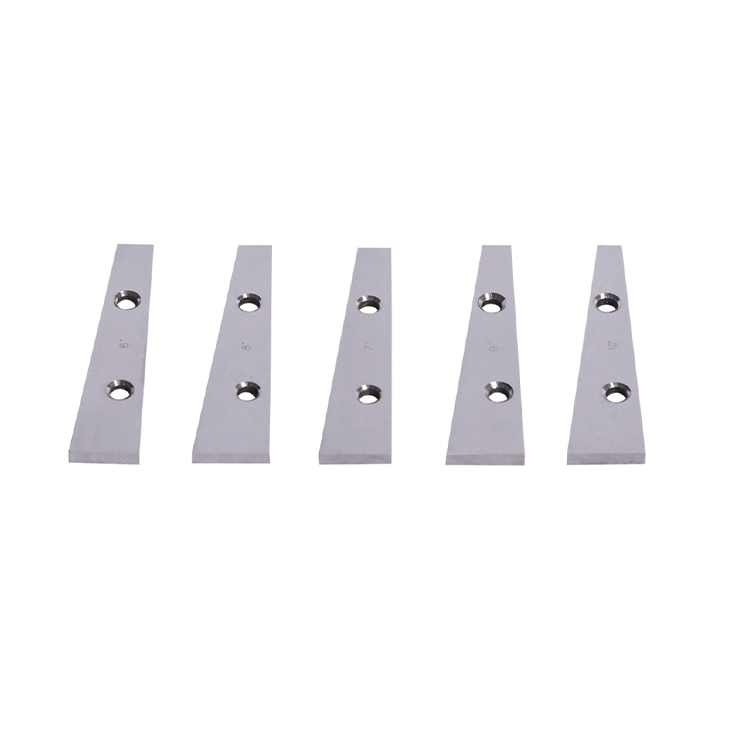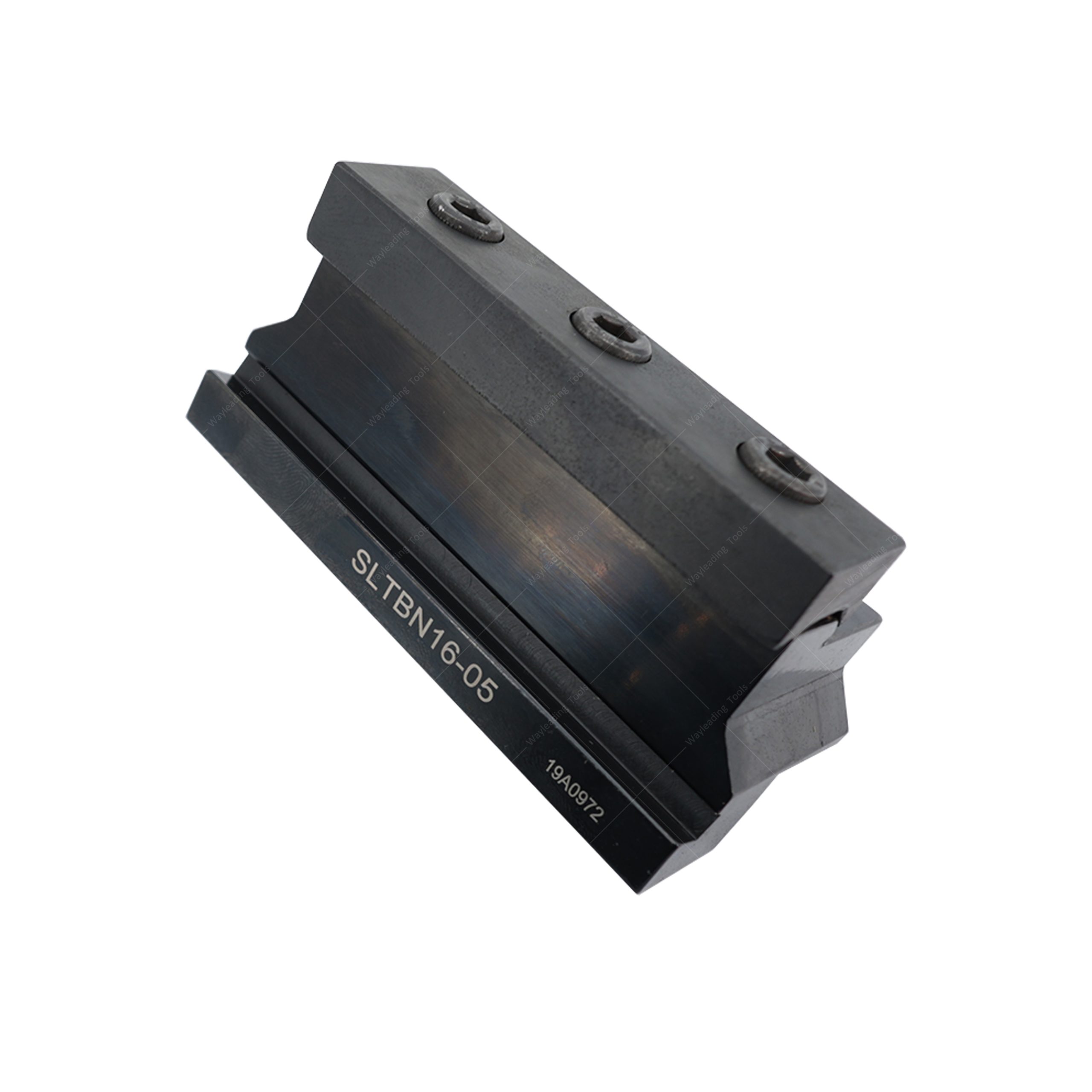pipe tap Factory
A pipe tap factory specializes in manufacturing taps used to create internal threads in pipes and fittings. These taps are essential for plumbing, gas fitting, and other industries requiring secure and leak-proof connections. This article explores the types of pipe taps, factors to consider when choosing a pipe tap factory, and what to look for in a high-quality pipe tap.
Understanding Pipe Taps
Pipe taps are designed to cut threads into the inner surfaces of pipes and fittings, allowing them to be screwed together. They differ from standard machine taps in their thread form and taper. The most common types include:
NPT (National Pipe Taper) Taps
NPT taps are used to create tapered threads according to the American National Standard Pipe Taper standard. The taper ensures a tight seal when the pipe joint is assembled. These are widely used in North America.
NPTF (National Pipe Taper Fuel) Taps
NPTF taps also create tapered threads but are designed for dryseal applications. The threads are designed to crush upon assembly, creating a leak-proof seal without the need for thread sealant. They are often used in fuel and hydraulic systems.
BSP (British Standard Pipe) Taps
BSP taps come in two main types: BSPT (tapered) and BSPP (parallel). BSPT taps create tapered threads similar to NPT, while BSPP taps create parallel threads. BSP is a common standard outside of North America.
Choosing the Right Pipe Tap Factory
Selecting the right pipe tap factory is crucial for obtaining high-quality tools that meet your specific needs. Consider the following factors:
Manufacturing Capabilities and Expertise
Look for a factory with experience in producing a wide range of pipe taps, including NPT, NPTF, and BSP. A reputable factory, like Wayleading Tools, should have advanced manufacturing equipment and skilled technicians to ensure precision and consistency.
Material Quality and Durability
The material used to make the tap significantly affects its durability and performance. High-speed steel (HSS) is a common choice for general-purpose applications, while cobalt HSS is better suited for harder materials and demanding conditions. Solid carbide taps offer superior wear resistance and are ideal for high-volume production. Make sure the pipe tap factory provides information about the materials used and their properties.
Quality Control and Certifications
A reliable pipe tap factory should have rigorous quality control procedures in place, from raw material inspection to final product testing. Look for certifications like ISO 9001 to ensure that the factory meets international quality standards. This gives you confidence in the consistency and reliability of their products.
Customization Options
If you have specific requirements for your pipe taps, such as special sizes or coatings, choose a factory that offers customization options. Wayleading Tools can provide custom taps tailored to your unique applications, ensuring optimal performance and efficiency.
Pricing and Lead Times
Compare pricing from different factories and consider the lead times for production and delivery. While price is an important factor, prioritize quality and reliability to avoid costly mistakes and delays. Discuss your project requirements with potential suppliers to get accurate quotes and realistic lead times.
What to Look for in a High-Quality Pipe Tap
When evaluating pipe taps, consider the following features:
Precise Thread Form
The threads should be accurately formed and consistent throughout the length of the tap. This ensures a tight and leak-proof seal when the pipe joint is assembled. Use a thread gauge to check the thread form if possible.
Sharp Cutting Edges
The cutting edges should be sharp and free from defects. Dull or damaged cutting edges can lead to poor thread quality and premature tool wear. Inspect the cutting edges visually and use a magnifying glass if necessary.
Proper Flute Design
The flutes should be designed to efficiently remove chips and prevent clogging. The number and shape of the flutes can vary depending on the tap's intended use. Look for taps with flutes that are well-suited to the material you will be tapping.
Surface Finish
A smooth surface finish can improve the tap's performance and reduce friction. Some taps are coated with materials like titanium nitride (TiN) or titanium carbonitride (TiCN) to further enhance their wear resistance and lubricity.
Conformance to Standards
Ensure that the pipe tap conforms to the relevant industry standards, such as NPT, NPTF, or BSP. This ensures compatibility with other components and helps maintain consistent quality.
Pipe Tap Materials and Their Properties
| Material | Properties | Common Applications |
|---|---|---|
| High-Speed Steel (HSS) | Good balance of hardness and toughness, suitable for general-purpose applications. | Mild steel, aluminum, and other non-ferrous metals. |
| Cobalt HSS | Higher hardness and heat resistance than HSS, suitable for tougher materials. | Stainless steel, alloy steel, and other hard materials. |
| Solid Carbide | Exceptional hardness and wear resistance, ideal for high-volume production and abrasive materials. | Cast iron, hardened steel, and composite materials. |
Coatings for Pipe Taps
Coatings can significantly improve the performance and lifespan of pipe taps. Common coatings include:
- Titanium Nitride (TiN): Increases surface hardness and wear resistance.
- Titanium Carbonitride (TiCN): Offers higher hardness and wear resistance than TiN.
- Black Oxide: Provides corrosion resistance and reduces friction.
Conclusion
Choosing the right pipe tap factory is essential for obtaining high-quality tools that meet your specific needs. By considering factors such as manufacturing capabilities, material quality, quality control, and customization options, you can ensure that you get the best possible value for your investment. A reliable supplier, like Wayleading Tools (www.wayleading.com), can provide you with the expertise and support you need to select the right pipe taps for your applications.
Related products
Related products
Best selling products
Best selling products-
 Precision V Block And Clamps Set With Customized Type
Precision V Block And Clamps Set With Customized Type -
 HSS Metric Square Tool Bit With Industrial Type
HSS Metric Square Tool Bit With Industrial Type -
 5C Square Collet With Inch and Metric Size
5C Square Collet With Inch and Metric Size -
 Deburring Tool Holder For The Deburring Tool Blades
Deburring Tool Holder For The Deburring Tool Blades -
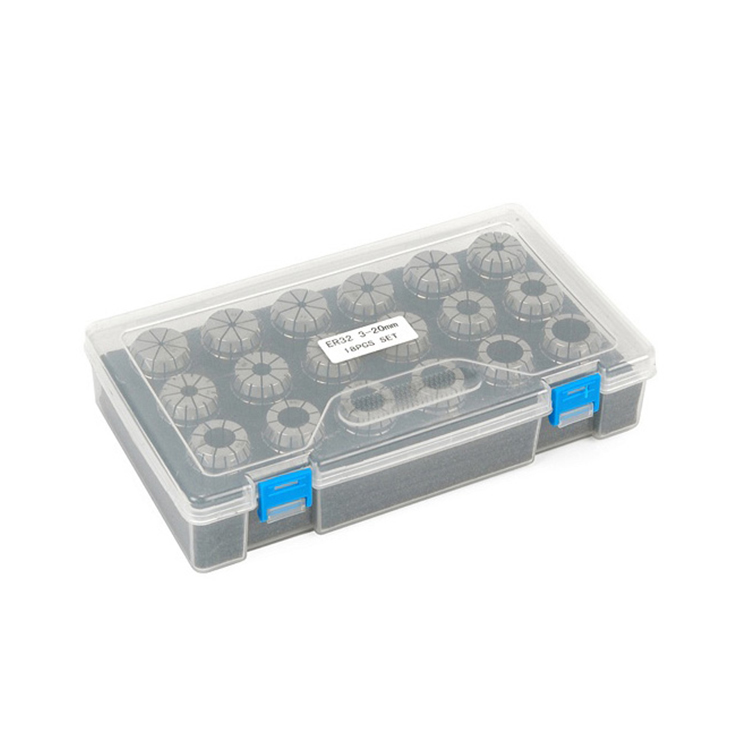 ER Collet Set With Hight Precision Milling
ER Collet Set With Hight Precision Milling -
 Precision Vernier Caliper Of Metric & Imperial For Industrial
Precision Vernier Caliper Of Metric & Imperial For Industrial -
 Precision V Block And Clamps Set With High Quality Type
Precision V Block And Clamps Set With High Quality Type -
 Type M Cone Tungsten Carbide Rotary Burr
Type M Cone Tungsten Carbide Rotary Burr -
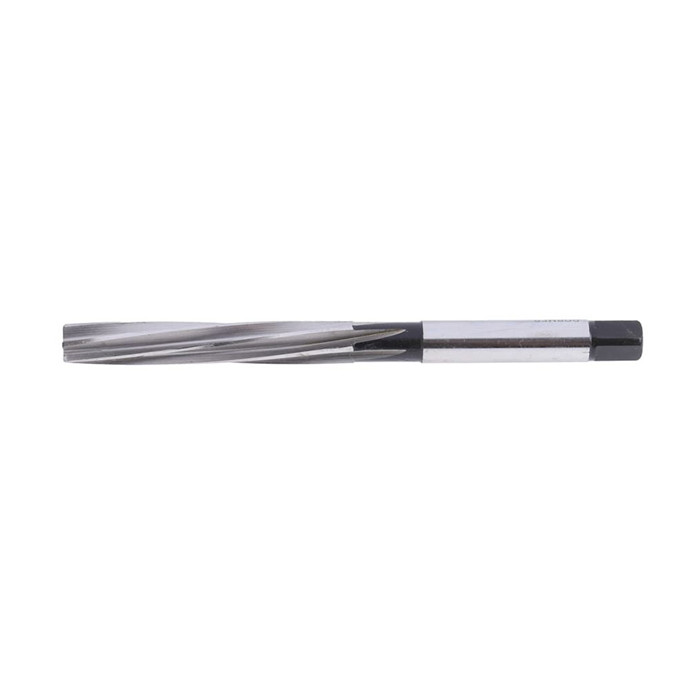 HSS Inch Hand Reamer With Straight Or Spiral Flute
HSS Inch Hand Reamer With Straight Or Spiral Flute -
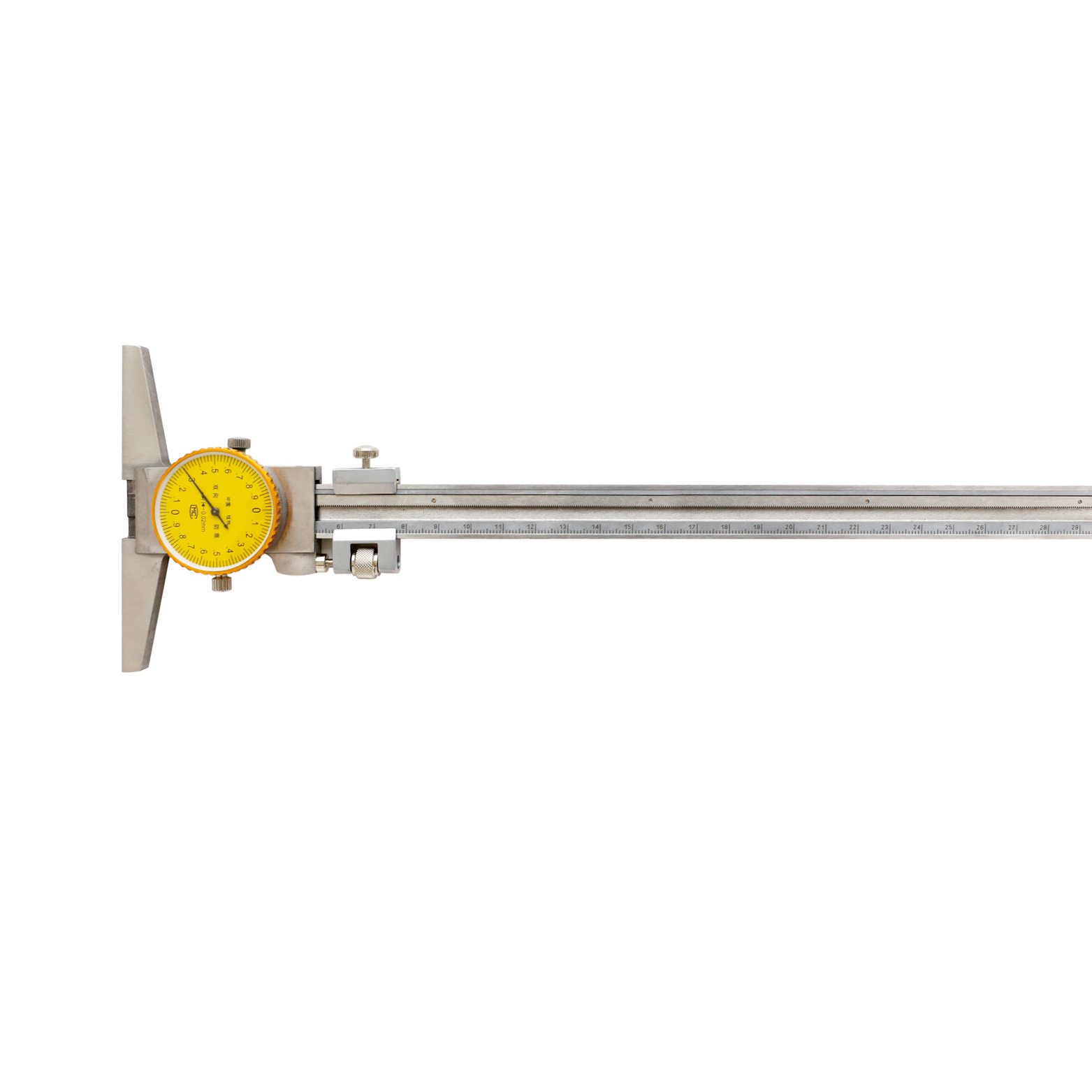 Dial Depth Gauge With Stainless Steel For Industrial Type
Dial Depth Gauge With Stainless Steel For Industrial Type -
 Type E Oval Tungsten Carbide Rotary Burr
Type E Oval Tungsten Carbide Rotary Burr -
 Precision 17pcs Angle Blocks Set With High Quality Type
Precision 17pcs Angle Blocks Set With High Quality Type
Related search
Related search- Indexable tool holders sets Manufacturers
- High-Quality partial profile 60 degree threading insert
- disk micrometer Factory
- Wholesale face mill
- bspt threading insert Manufacturers
- SDNC turning tool holder Manufacturer
- MVVNN turning tool holder Manufacturer
- Digital Indicator Factories
- Wholesale spotting drill
- combination face mill adapter Supplier

